Transcription
Jordan: Hello and welcome everybody to the Beyond Banks podcast. This is where we talk to leaders that are transforming small business funding across all of the nation with all different kinds of technology. I'm your host, Jordan Hanson, and today I would like to introduce Craig Clark, founder of General Merchants Funding who started as a telemarketer in 2008 and built a lending business that survived while hundreds of competitors have vanished. His unique approach to evaluating businesses beyond industry stereotypes and how automation technology is revolutionizing his underwriting process to evaluate thousands of applications monthly.
Jordan: Hello everyone, and welcome. Today I'm here with Craig Clark from General Merchant Funding. I'm excited. We recently started working together. Craig is a customer of mine, and I'm really excited to have this chance to learn more about him. One of the things I really like about Craig, not only has he got a really good haircut, like me, you know, we share the haircut, but he's also been in this alternative business finance industry for 14 plus years. Let's see, I show that it was June of 2009. Is that right, Craig?
Craig: I actually started in 2008 as a telemarketer for a company in Connecticut. That's kind of how I got started off. And then I end up getting started 2009.
Jordan: So you did it for a year before and that was like, okay, I can do this better. Like walk me through that. How did that...
Craig: Well, at that point, the industry was definitely changing with the economy. The way the economy was shifting, you know, the housing crisis came along, which impacted a lot of business owners. So it changed kind of landscape of the space. Back then there was a couple of shops in the industry. Most of these shops were bigger shops, you know, 150 employees plus shops.
Craig: So in between that period, when I was getting in, it was kind of the end of those big shops. So, you know, they were kind of downsizing at that point slowly. And I seen an opportunity and I was running with it. So, I went from a telemarketer to a closer and, as that company I was working for was on a downtrend, me and a fellow partners that were, well, they partners after the case, but people that worked there seen an opportunity to kind of go off and we went to a basement and started a business out of the basement at that point.
Jordan: And that was in Connecticut as well.
Craig: Connecticut. Yep.
Jordan: New England, Connecticut. So never. And now a lot of the companies in this space, they're in New York. So how do you feel about your choice? Why Connecticut over New York?
Craig: Well, at that time, there was only, like I said, there's only about maybe three or four real big shops, you know, one was in Connecticut, you know, there's another one in Georgia, there was a one in New York and I think another one like a Texas around that time. So it wasn't a lot of broker shops to say, cause there's only a couple of handful of lenders.
Craig: So at that time it wasn't all these funders, or broker shops in New York. There's a couple of lenders in New York, but most of the funding shops were outside of New York that time.
Jordan: Got it. I see now you said three big players. How many big players would you say are right now?
Craig: Um, I mean, big players, I'd say there's probably about, you know, 15 to 20 big players, individual classes of credit. But back then it was only three that covered all the credit bureau credit spaces.
Jordan: Well, I mean, it's a lot bigger now. This space seems a lot bigger than it was then. Why do you think that is?
Craig: Really the mortgage crisis. And you want to get really down to it. The mortgage crisis hit a lot of the brokers came out of that space. Looking for something else to do. It came into the MCA space. And at the same time, business owners weren't, they didn't really want to take money or they didn't want to take that risk of taking on debt. So there was less funding going on, but more brokers coming into the space.
Craig: So these big shops had to kind of collapse. A lot of the people that done well at the big shop started their own broker shops, which kind of spread the shops across the United States a lot in New York. Also at that time, there was only first position deals. So if a business owner got a merchant cash advance, cause back then it was off the credit card splits. There was no daily payment remittances as they have now. But there was only one position that you could get. And then there was one for the people that aren't...
Jordan: Let's say they're just a business. And can you clarify what first position is?
Craig: All right. So what that means is, is if you hit the financing for your business, the first lender that decides to fund, you mean you have no other similar product at that time was a credit card split deal. But in this day and age, it's a daily payments. If you only have one lender in here, that lender is going to underwrite the deal as if there's no other similar debt on that business at this point.
Craig: Now you can get one lender to come in there, advance you money. If you have that, you're not forced to refinance the deal. You can go get a second lender to come in and give you financing behind first lender that gave you financing.
Jordan: Is that what they call stacking?
Craig: Yeah. So stacking positions, multiple positions. Yeah.
Jordan: Got it. So anyway, we were going back then. It's grown a lot since then. You think it's largely because of the mortgage crisis, the brokers kind of left and they went to a different space and merchants were hesitant to take money, but it's obviously grown since then. I mean, they're taking money now. Like they're using it a lot. So why, what's the shift? Why do you think that is?
Craig: One of the products more common. You know, back then it was really educating people that you can get money based off your future receivables. It was a, it wasn't a common concept back then. So it was a lot of education there. Um, so now the business owners are more aware.
Craig: Also, there is more options, you know, back then, a lender would have to go to a hedge fund typically to raise the money to become a funder. At this point, there's a lot of micro lenders. I would say smaller lenders out there that have been able to raise money through family, friends, and so forth. And, you know, overnight become a funder and provide different types of financing, whether it's, as we talked about earlier, stacking second, thirds, fourth, fifth positions, whatever the situation is, that barrier of entry into this industry is a lot easier than it was.
Craig: And mainly because of knowledge, but also easier access to capital on the lender side, which actually was a turn in turn offers more capital to business owners and makes it more aware because there's more brokers in the space, having conversations with the business.
Jordan: Got it. And again, 14 years, one month. What are you going to do? Anything special for your anniversary here? I mean, I guess you just passed it. So 15 years coming up next, you got to be proud, right?
Craig: Um, yeah, definitely proud to be in this industry. I grew up in this industry just to be Frank, you know, there's no, I never knew finance or anything about really finance before I got into this business. So being able to do it as long as I have, being able to help as many business owners that we have, and then kind of see the changes. You know, how the industry has grown as been a great thing to see.
Jordan: Now, how many have you seen like shops similar to yours shut down? I mean, I can't...
Craig: I can't even count to be honest. Um, like I tell him, yeah, I can't even count the, you know, right now there's hundreds and hundreds of lenders that are out there. I can't even put a number on it cause there's new ones popping up every single day. But you know, from back then I would say, let's say, 2008, 2009, and I'm like, I can't, don't quote me on this, but there's only maybe three or four lenders that are from that time period.
Craig: Now there's underwriters and some people that have maintained, but even that group of people, like when we go to the trade show, we all know each other and it's usually like 10 to 15 of us at max, you know, see each other like, "Hey, I remember you from back then" and so forth. So it's, I've seen a lot go out, not really reading the market right.
Jordan: Yeah. And that's, and that was my next question. How have you been so successful? Were there so many others have failed?
Craig: I'm just a long term play type of person. You know, my goal was never to say, "Hey, I'm trying to get rich overnight," you know, just on this product and go do something else. You know, back then there was a lot of people that didn't believe the industry would last this long, you know, maybe because how I grew up in my, and where I grew up, I knew already that once I got into this space, there was a lot of business owners that didn't have access to capital plus being a telemarketer, I think taught me a lot too, because I was having that conversation so many times a day with people.
Craig: So I knew that there was nobody that could actually fill in that gap. There was nobody going to come in and save of these business owners and that that couldn't go to a bank. And it was a lot that couldn't. So I had a long term view that that market was always going to be there. So everything that I put in place was never, you know, I'm rushing because I'm trying to get out or I'm rushing because I'm trying to do something different.
Craig: It was to sustain the ups and downs of the economy when they come, kind of proceed, those things come in and make any adjustments before they came. That has made me successful in my own right. Just because I'm not trying to get something done tomorrow and then say, "Hey, you know, I'm done with it." I'm just, I'm looking longterm with this.
Jordan: Yeah, that's awesome. One thing I've I'm fairly new to the industry. I didn't even know anything about it 18 months ago. So as I built this product, I've learned and I've gone to two broker fairs so far and I met a lot of awesome people. And one thing that's been interesting to me is I found that every funder, every lender, they have businesses, industries, even they prefer to work with. What would you say are the ones that are the best fit for you?
Craig: Well, there's two ways to kind of look at it. I would say if I'm looking at it from, okay, what performs the best based off how I underwrite. I come from a different underwriting era. You know, it's going to be based off the business owners. It's hard to say, it's hard to say industry.
Craig: Um, it's more of a business owner that really understands their business and not just kind of operating the business, you know, over the years. Have I seen certain ones? Listen, restaurants used to be great a long time ago. They're not great today. You know, medical deals are ones that a lot of people have. Any type of medical industry, but, you know, depending on the subsets of that industry nowadays, it's not.
Craig: So I don't like to pin it on a specific industry. When I'm asked that question, I like good owner operators to understand cashflow, understand what they're using the funds for understanding the part they get in and also are, you know, just realist. Like, you know, we like having conversations with our business owners and during that underwriting process and having a real conversation. Those business owners typically form the best.
Jordan: Let me see. So it really is that difference of you want to know someone who's in there and they understand cashflow. They're not maybe less dreamers and more, they have some solid understanding of how business works and their, their business specifically.
Craig: Definitely. Give you a quick example. Yesterday I was talking to a business owner right now, auto deal, use all the used auto dealerships are not doing well inside the United States for numerous reasons. They're restricted with, I would say 90 percent of the lenders in this space. We're still funding those businesses. We're looking for good owner operators.
Craig: Talking to a guy yesterday, I want to say he was in Tennessee, but after I found out, you know, his dealership is like going into Jay Leno's garage. You know, that was his concept. You're going inside this, inside this building. That's cool. Then, you know, there's chairs, you can get popcorn. He made an experience. Most of his customers are not in his state. They're out of state. He's picking certain cars and he's doing very well at it.
Craig: So, you know, he was looking to borrow money for an opportunity to continuously grow and he's has the margins and he's showing that that's the case. So, you know, finding that subset, initially read it, reviewing that deal without talking to the business owner. We gave one offer after I talked to the business owner, we modified that offer, you know, gave him better terms because what he's doing in his market compared to some others was just totally different. And that's the type of business owner we're looking for.
Jordan: That's awesome. That's a really good example. I appreciate you sharing that. And then finally we met, I mean, actually, I think I saw you or you had registered a business. Anyway, somehow we stumbled upon each other and I'm grateful for the relationship we have now and that you're the customer that's awesome to have you. But I would love to learn more about how your integration with Cobalt intelligence has helped your underwriting process. Can you speak more to that?
Craig: Yeah, definitely. So, you know, our main goal, especially this year is to automate the system and increase the efficiency of the system and speed up the system, which is really just the experience that the business owner is going to have, you know, applying with us for capital and most of the time it's time. Time is one of the biggest things that, you know, people have in time. It's most important asset here.
Craig: So we're able to do was build a system that automates a lot of the goals and things that we need to check. One with cobalt is checking a secretary of state before using your system. It was a manual process. You know, somebody who's in California, you've got to go to that site, look it up, get the information, you know, cut and paste and so forth, and you have to do that each individual state, that entry is looking at hundreds and hundreds of files a day. So it's just a repetitive process that you're doing that's taking up additional time.
Craig: So, on that note, we was able to API that into our system. So now that's an automated process. Soon as the files entered, the system's automatically pulling that information. It's not a manual process anymore, which speeds up. It sounds like it's little, but that could speed up, you know, a minute on each individual file. But when you add that up over thousands of files a month, you're getting a lot of time back. Which speeds up the process.
Craig: You also have some other features that we were able to use where we can verify the EIN in real time. And that's the federal tax ID number that having that as an automated. And, you know, there's other ways to do it, but again, it's a manual process that you would have to do that in other ways, having that makes the deal, or file a stronger file right from the door. We know from the door, we're dealing with a verifiable business and that tax ID number is going to match up to the actual business, something that a lot of companies don't really check till the end of a file, which means you could have put a lot of manpower into a file and come to find out it's, it doesn't work.
Craig: And then, we use the judicial side of your system as well, where it checks the court cases in particular counties, that's another one that is a lengthier, it's a lengthy process. It actually takes longer to do that than checking the secretary of state manually. So when you look at those three pieces that normally, you know, somebody in the data entry team had to go to the website, you know, find it, search, manually, look at that you're probably, and I'm just being probably giving the best case scenario, let's say it's three and a half minutes to five minutes, right? That's a lot of time on each file just to make sure that that file is good to go through the rest of the process.
Craig: So by getting that integrating your system in, which my guys found it very simple to integrate that system. So the setup time was quick as well. It didn't take us months to get it done. You know, it sped up our system quickly, more efficient and the information we're looking at, we know we can trust.
Jordan: Awesome. I appreciate that, Craig. Okay. I really appreciate your time. This has been fascinating and, you know, I wish you the best with general merchant funding. You guys have been a great business and a great partner.
Craig: Thank you. Thank you.





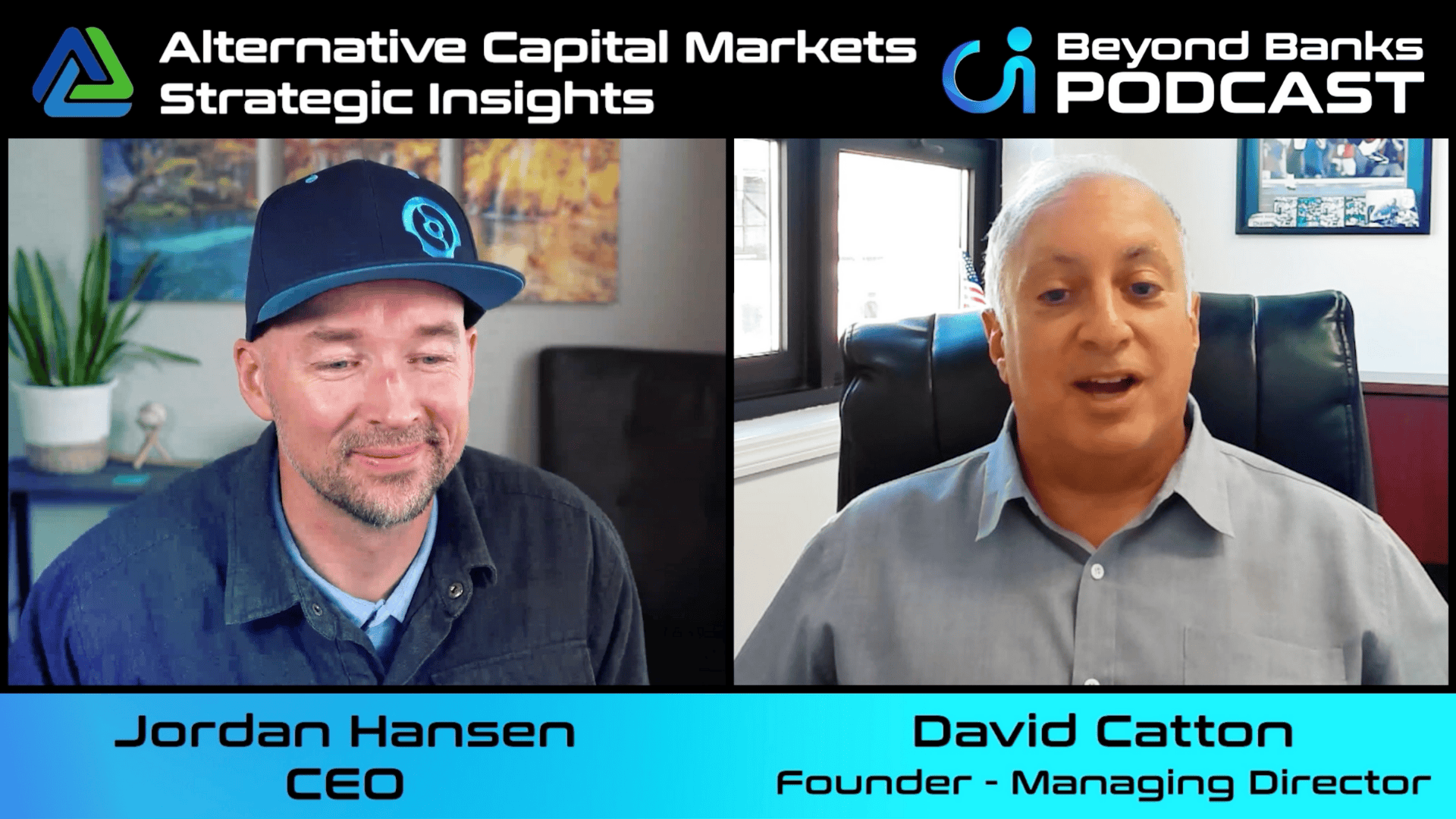
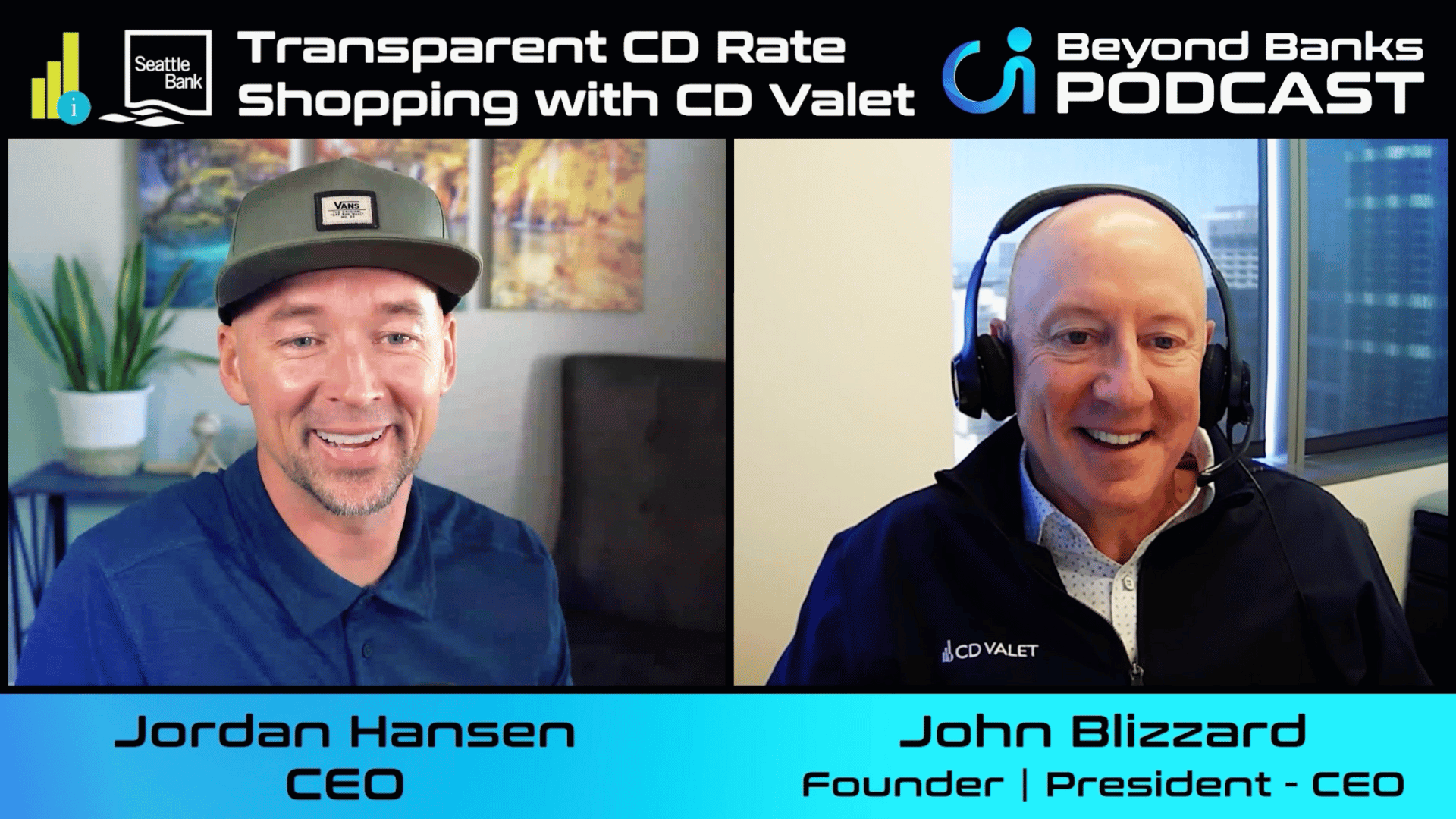


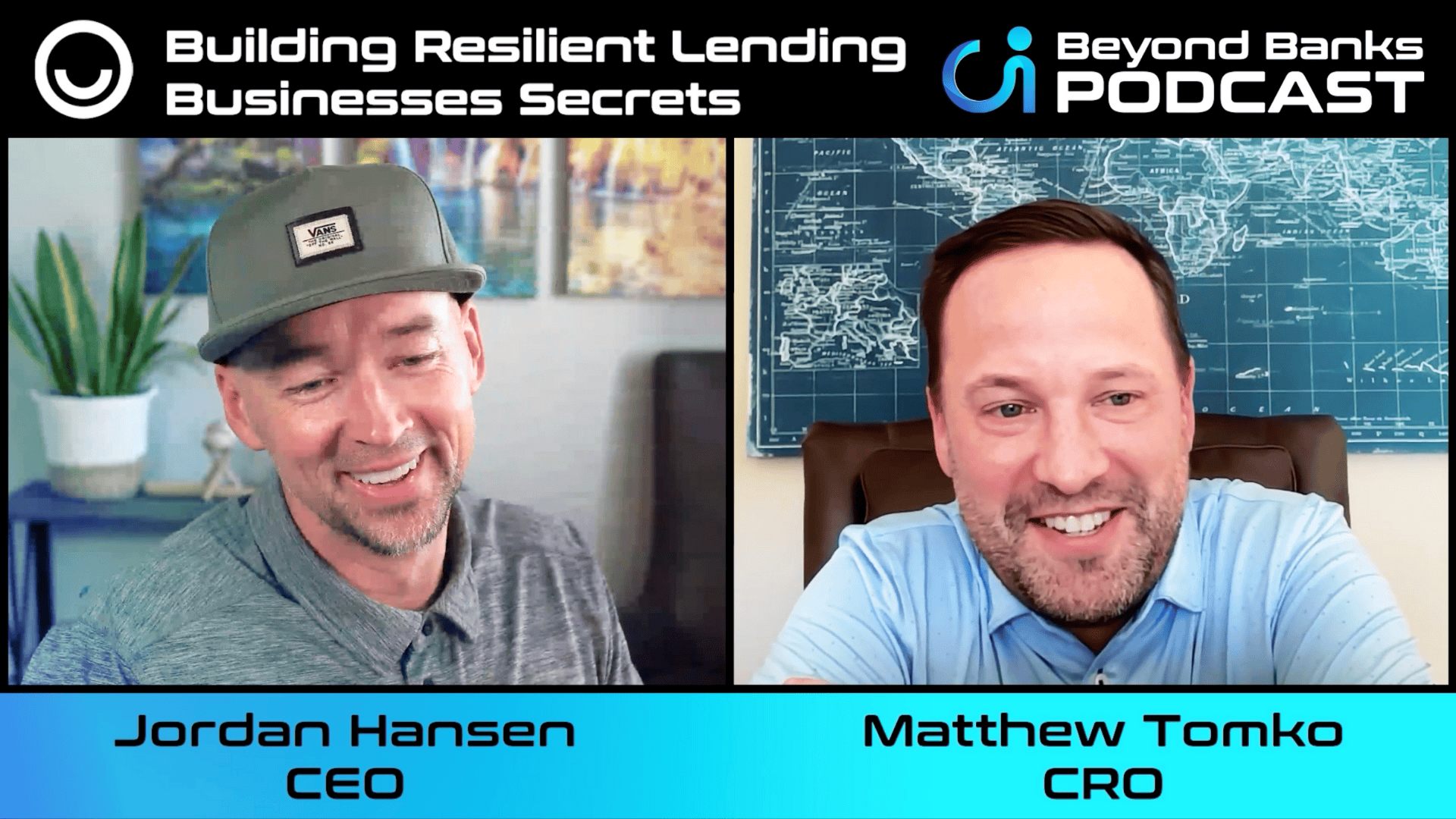

.png)
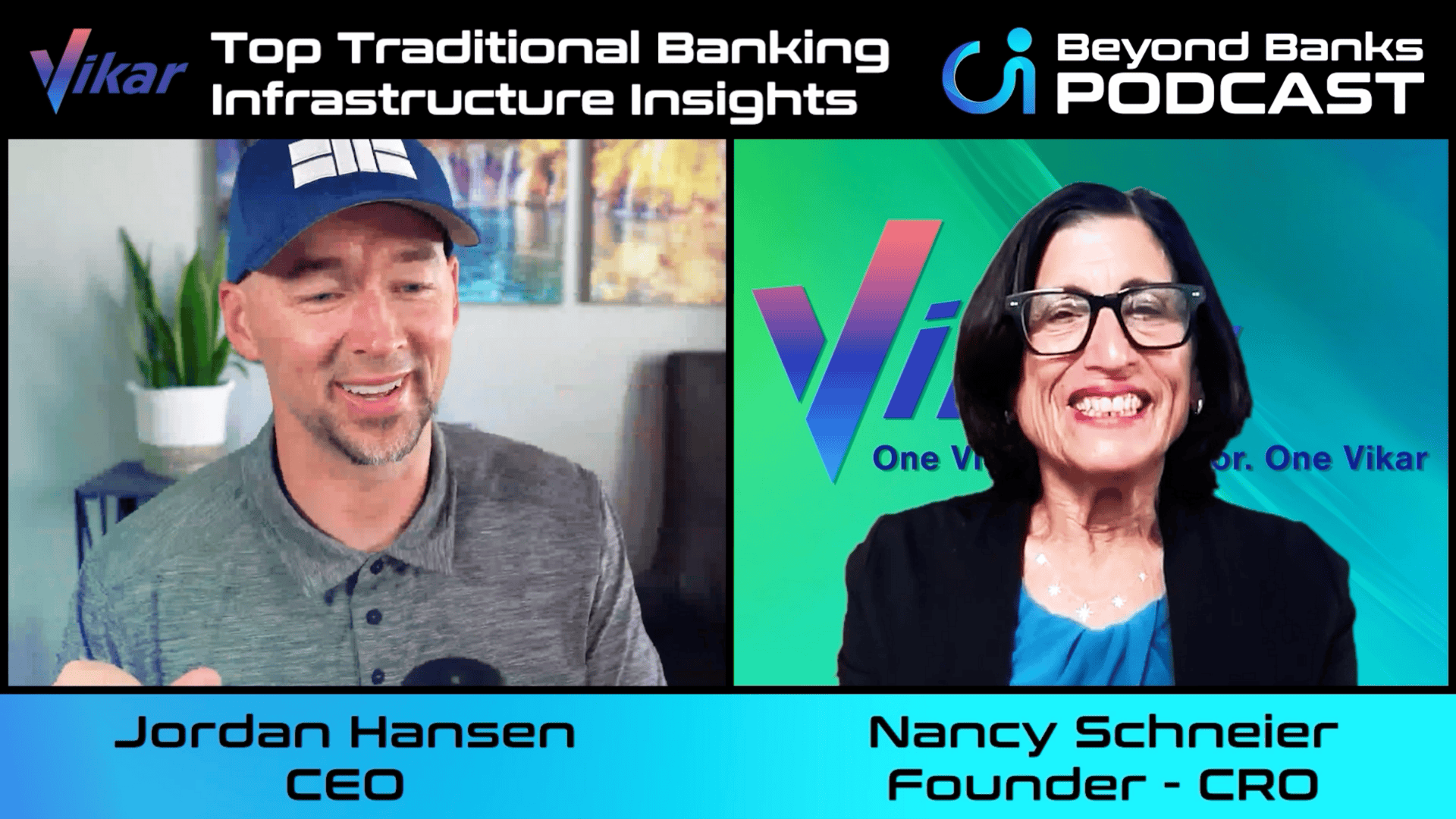
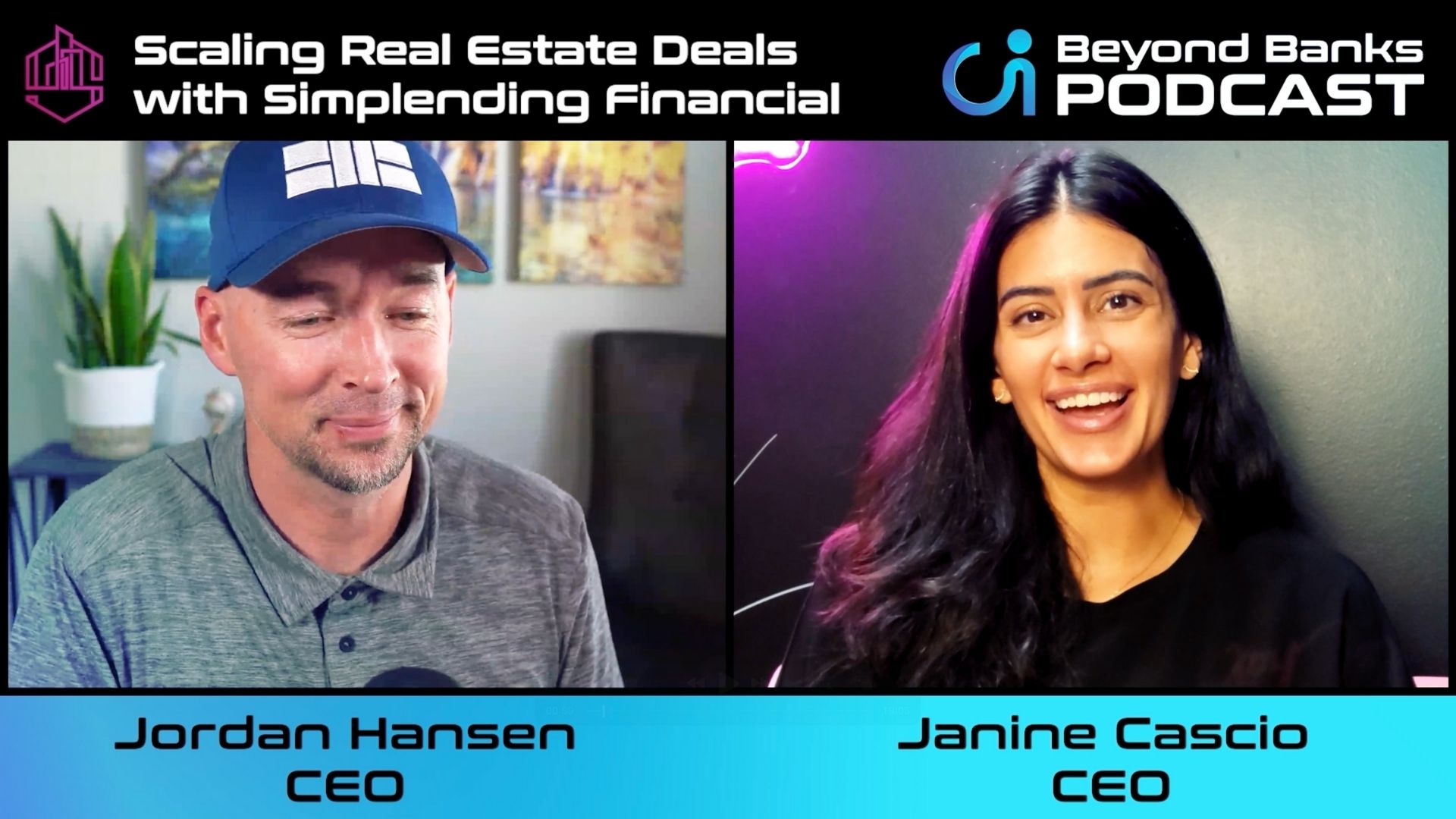
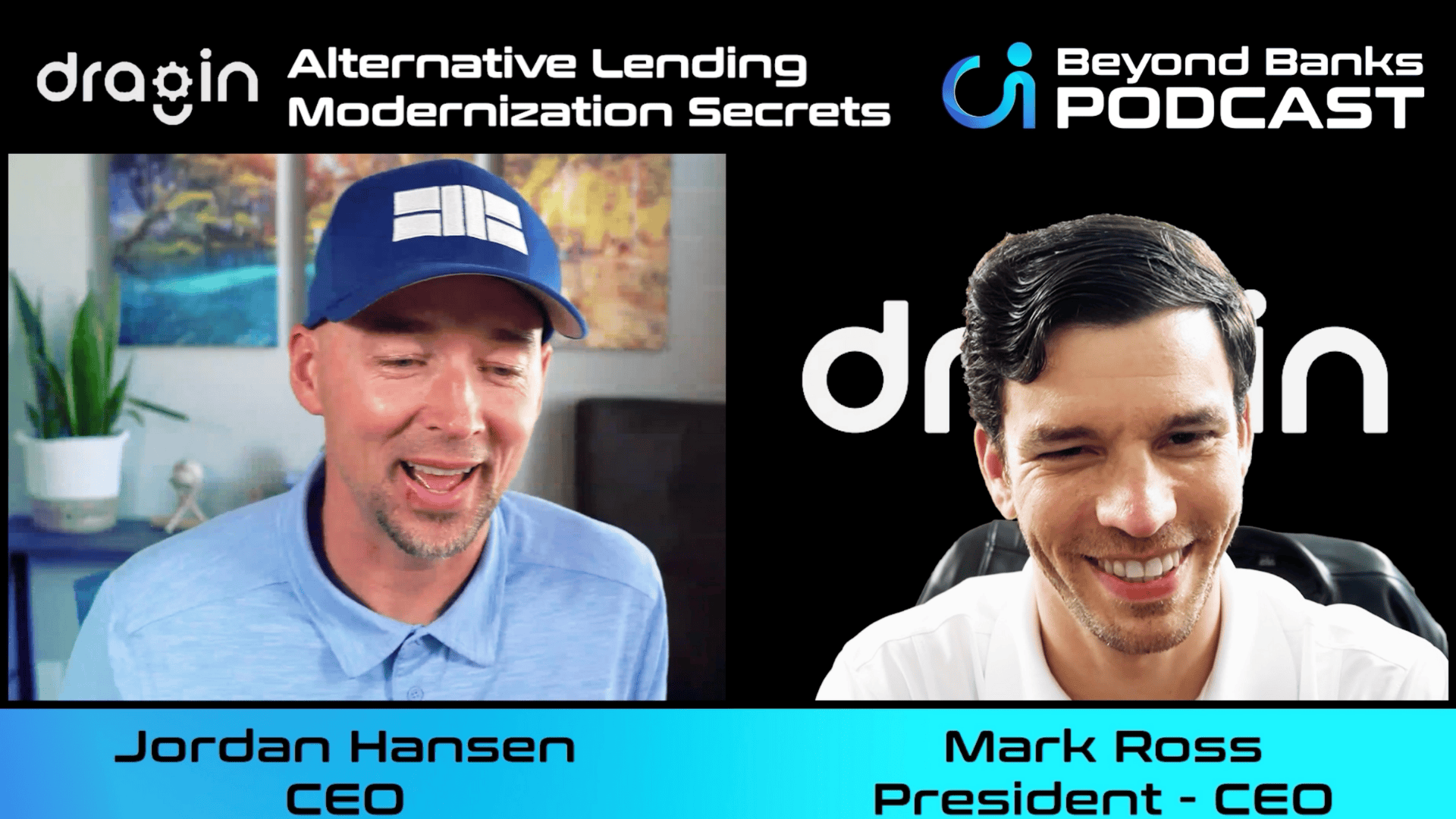
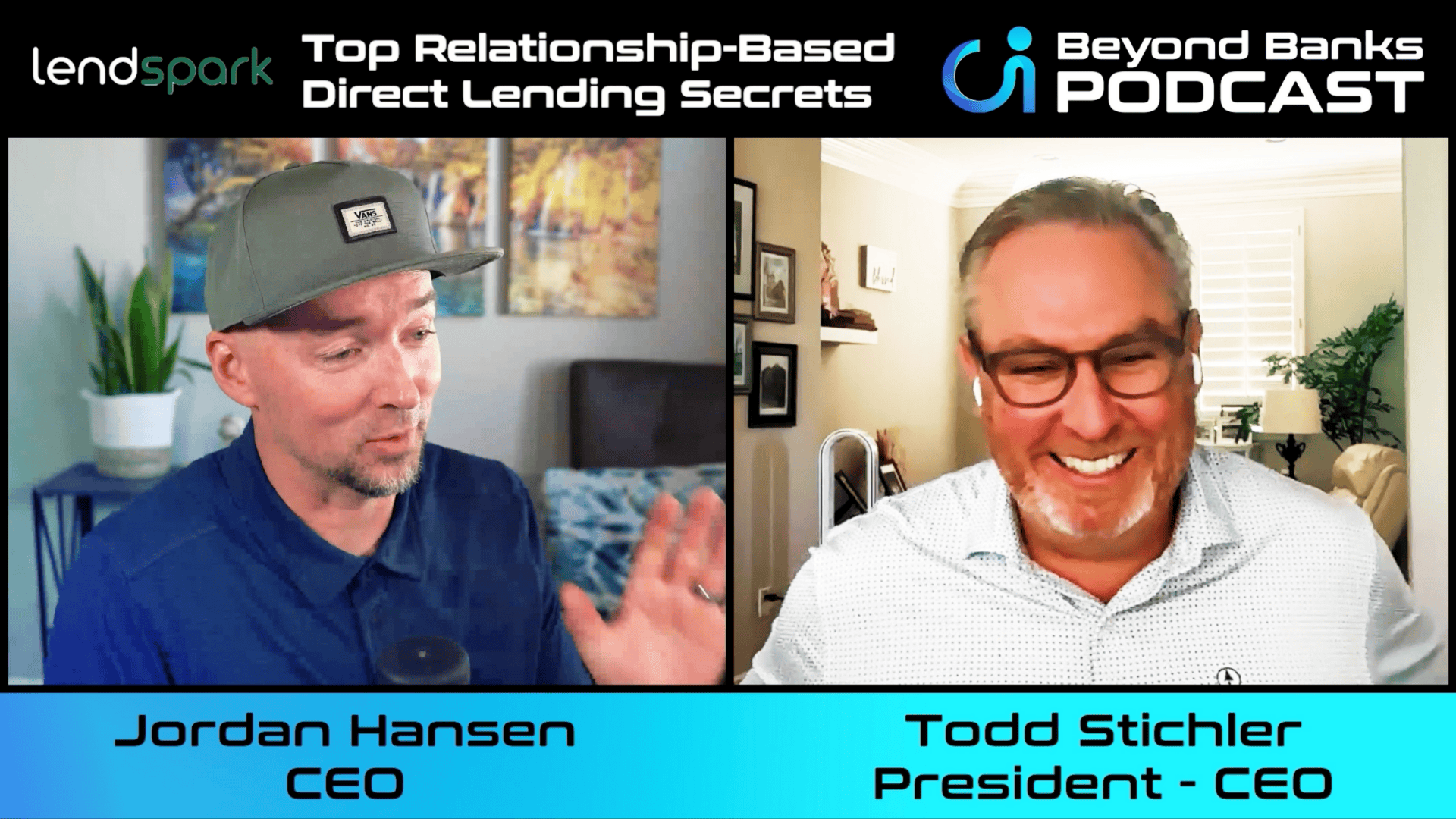
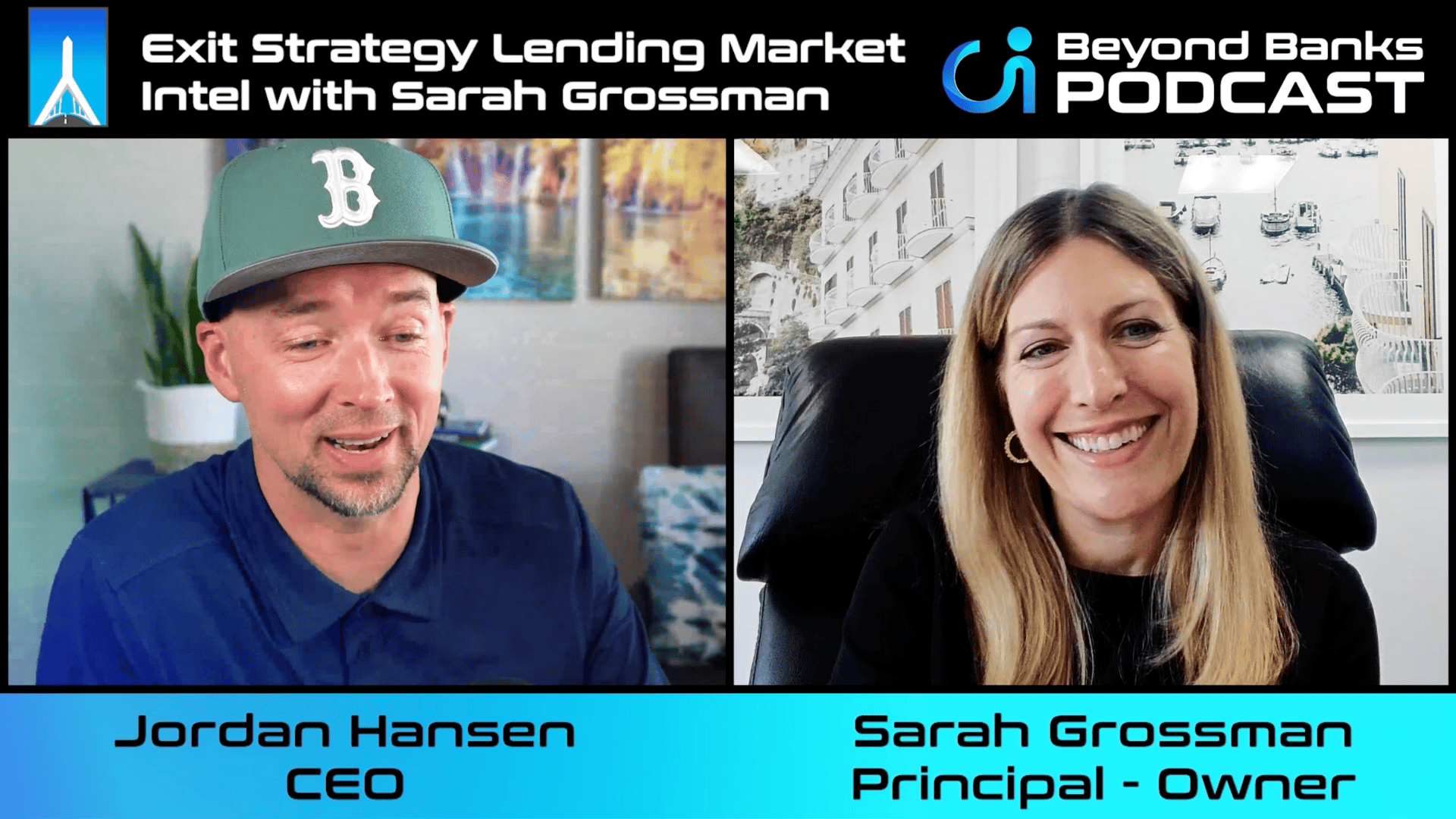
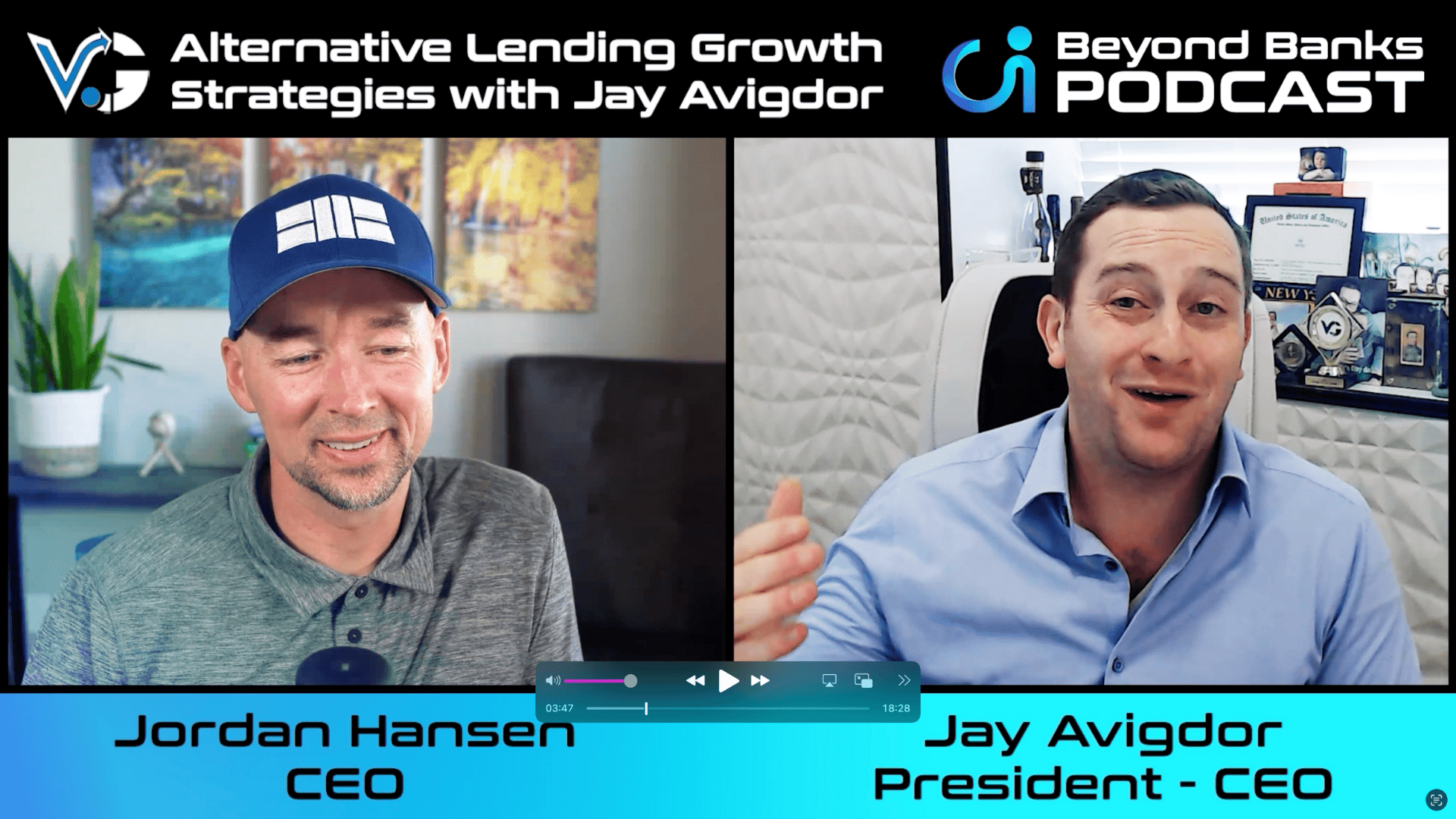
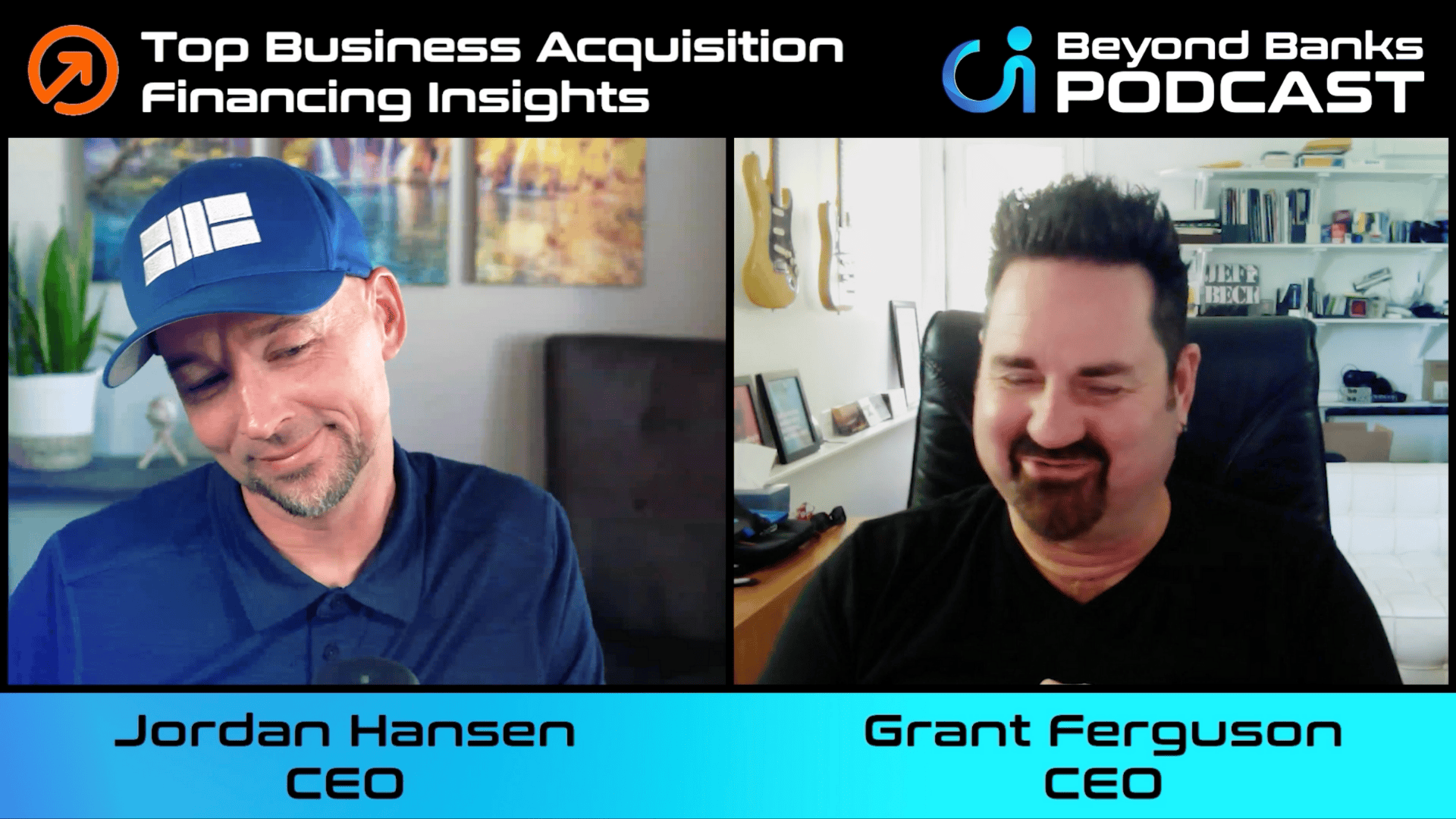
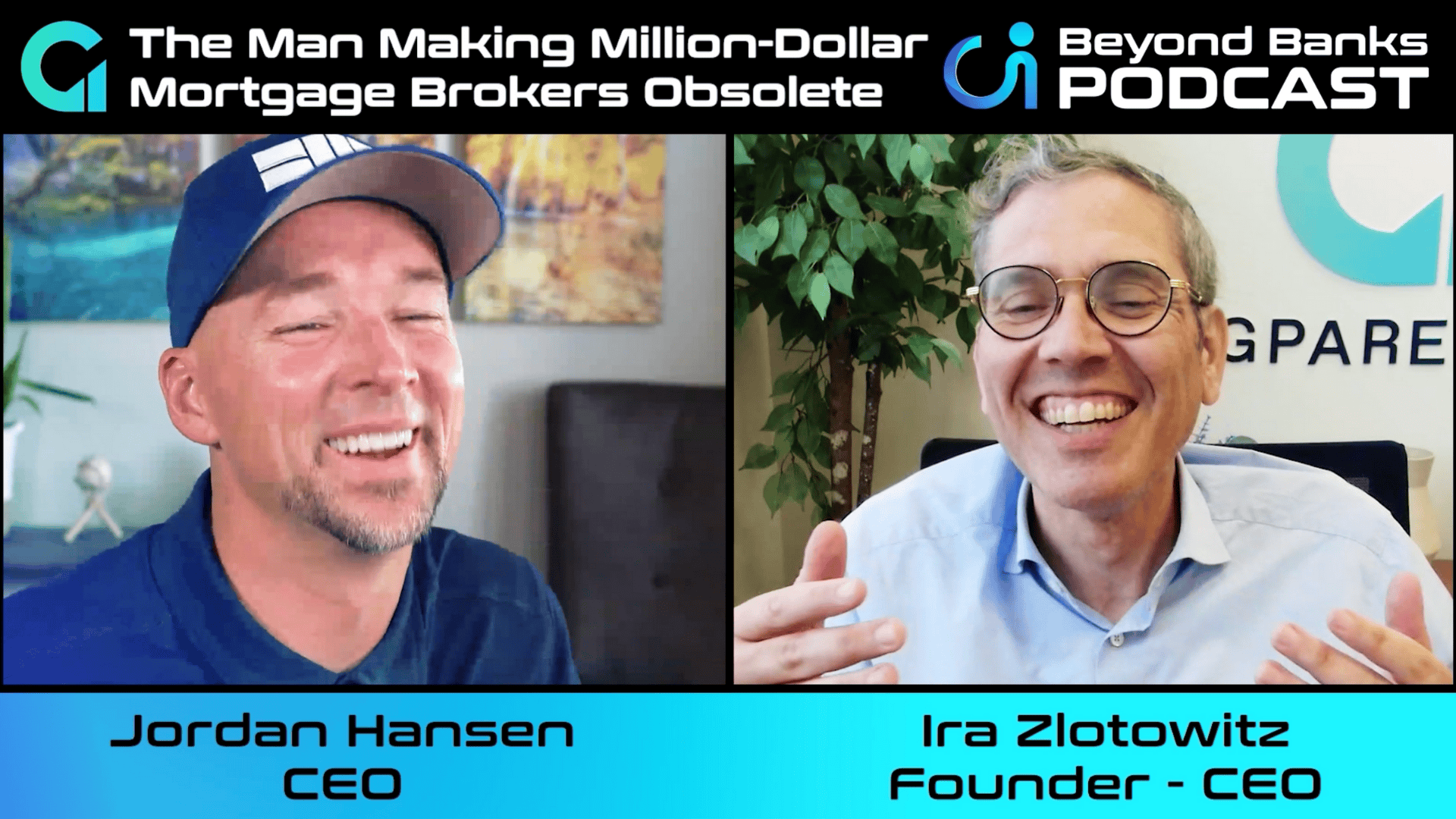
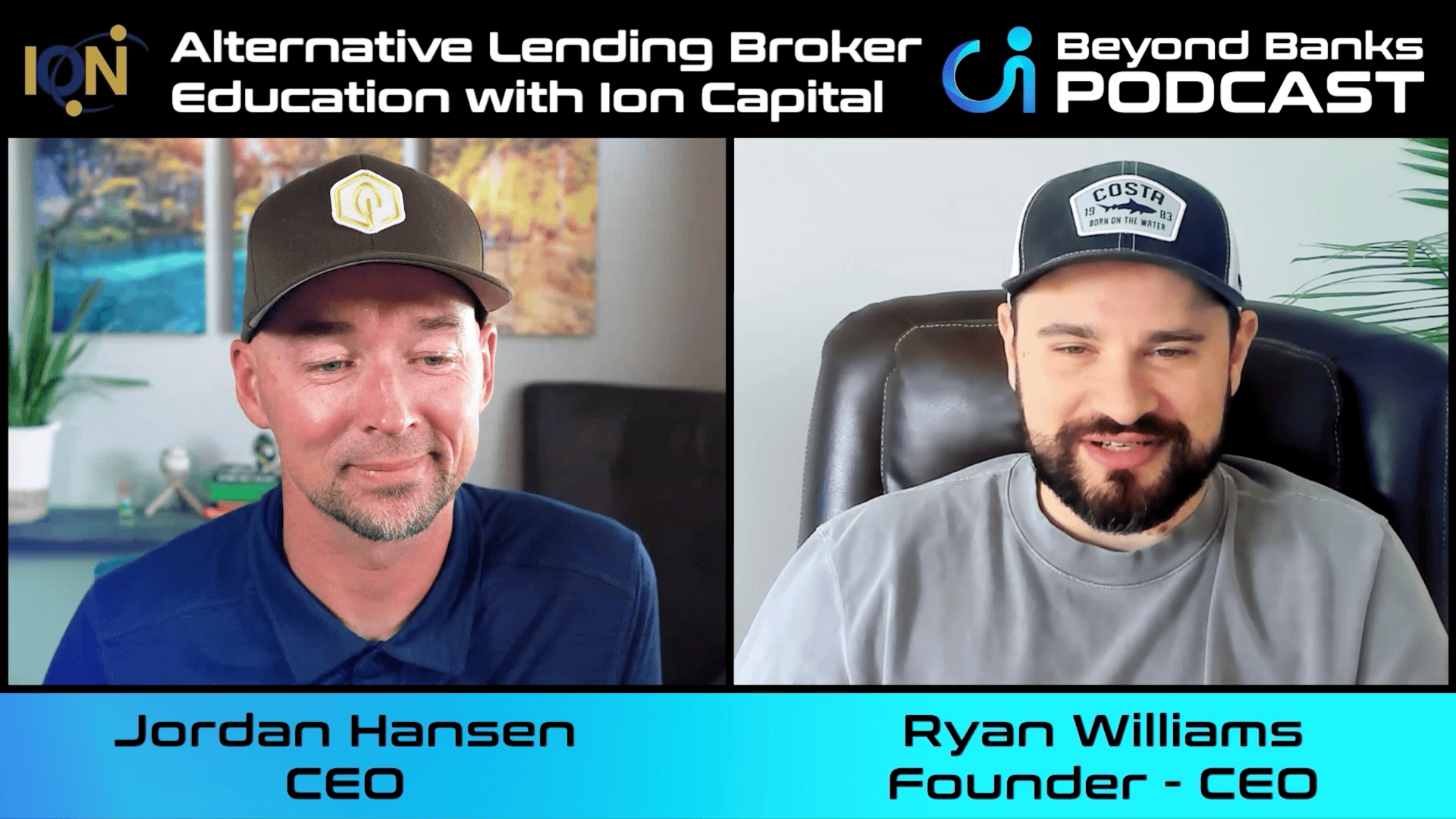
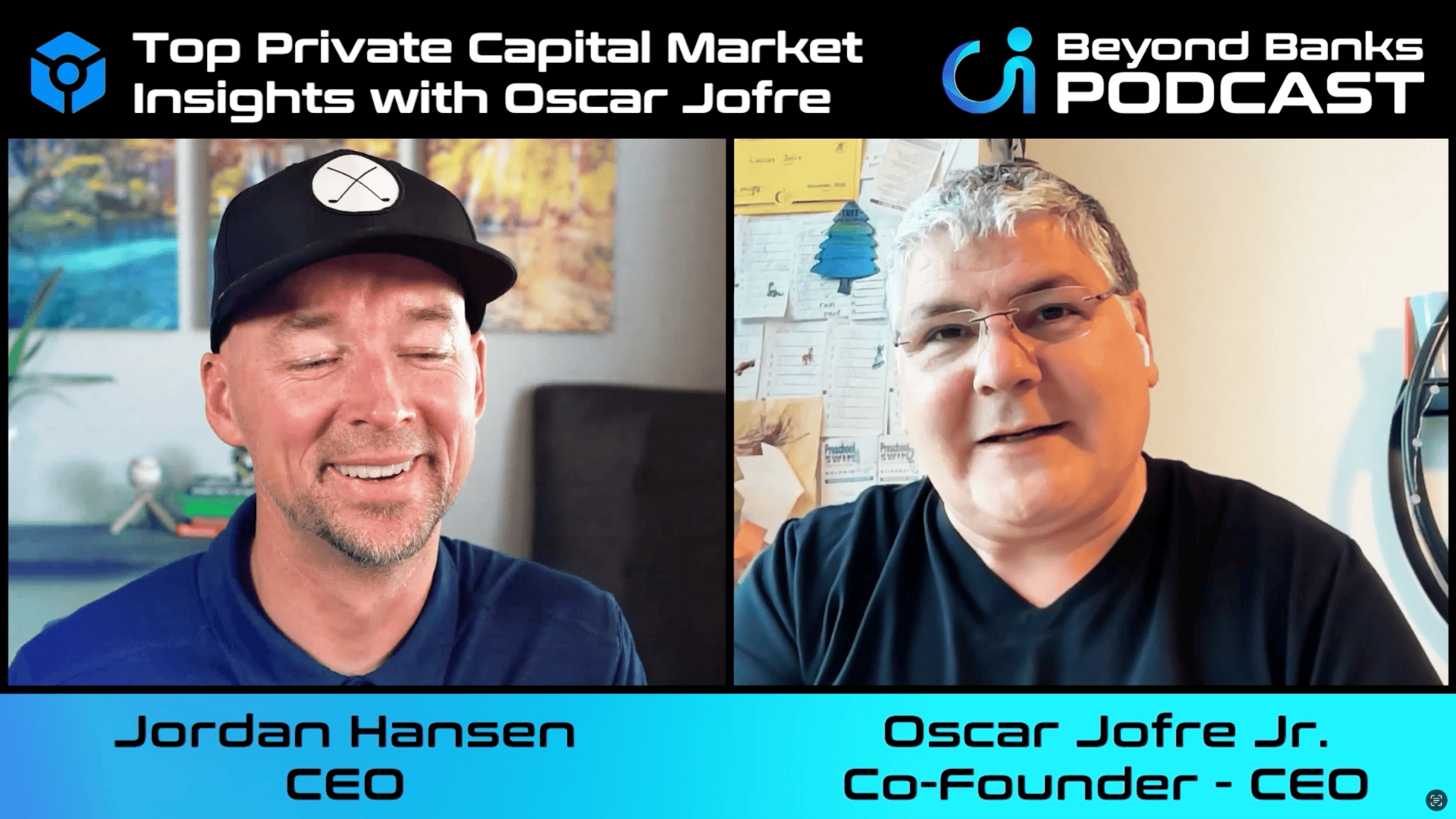

















.png)